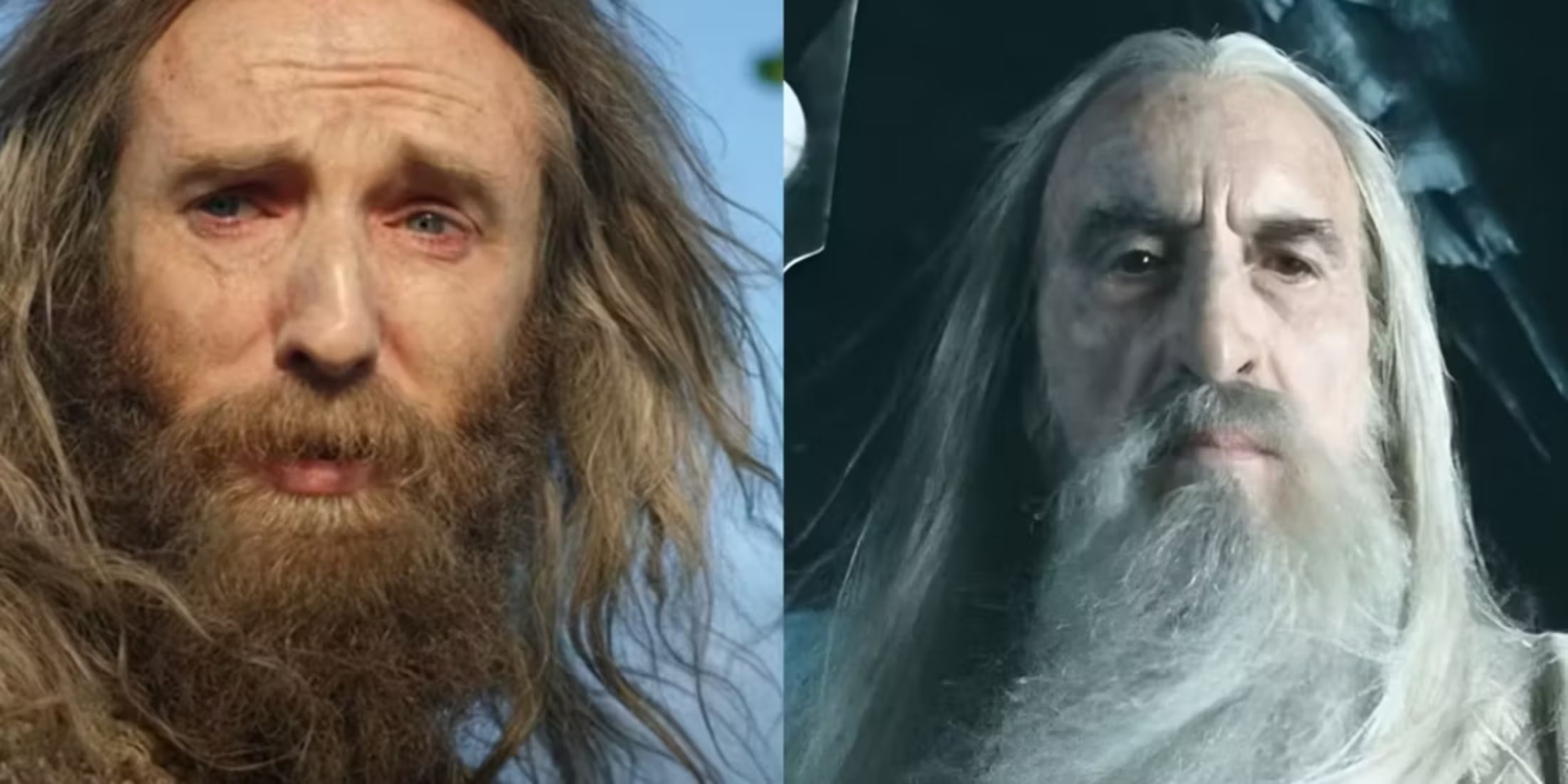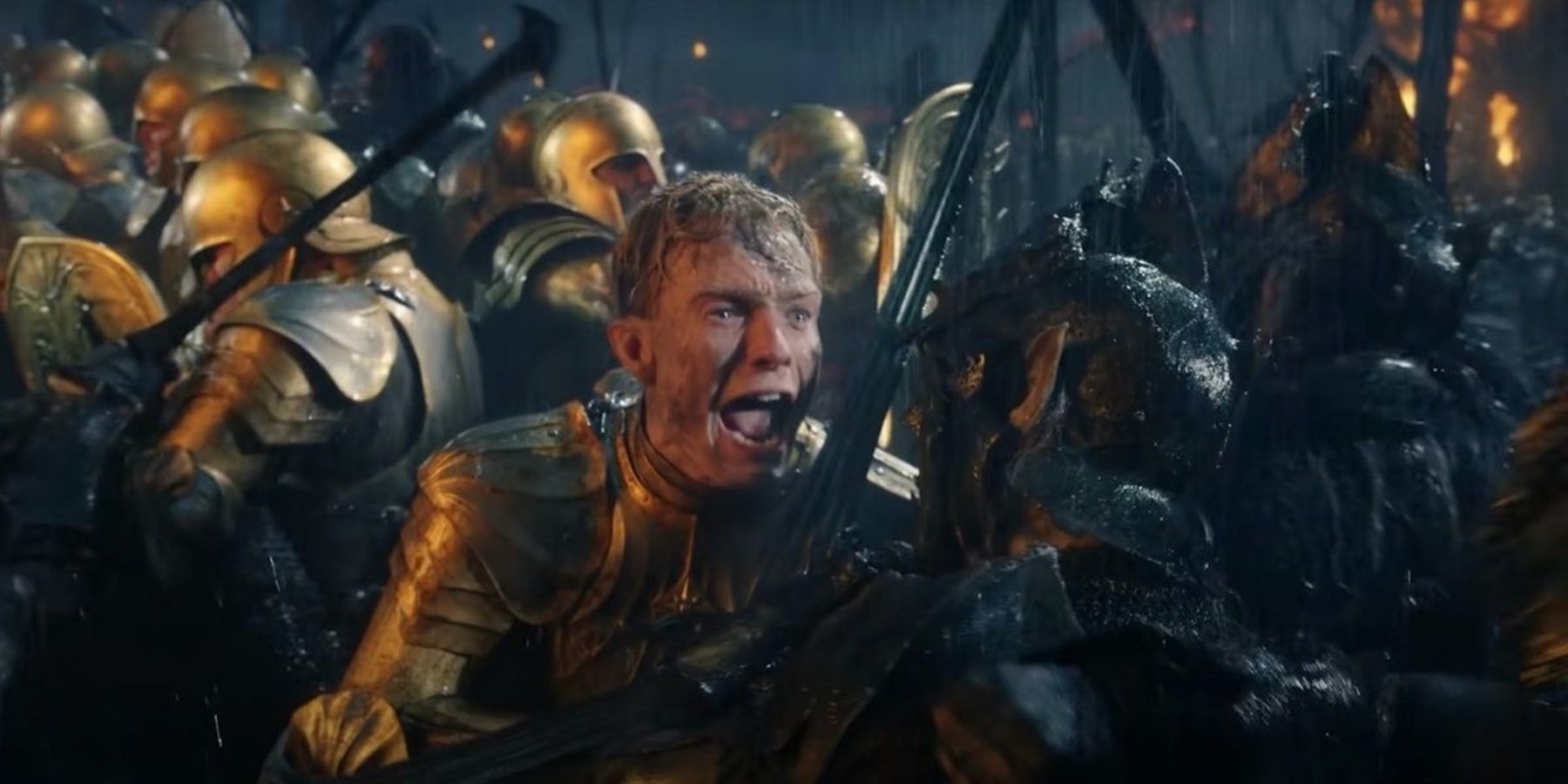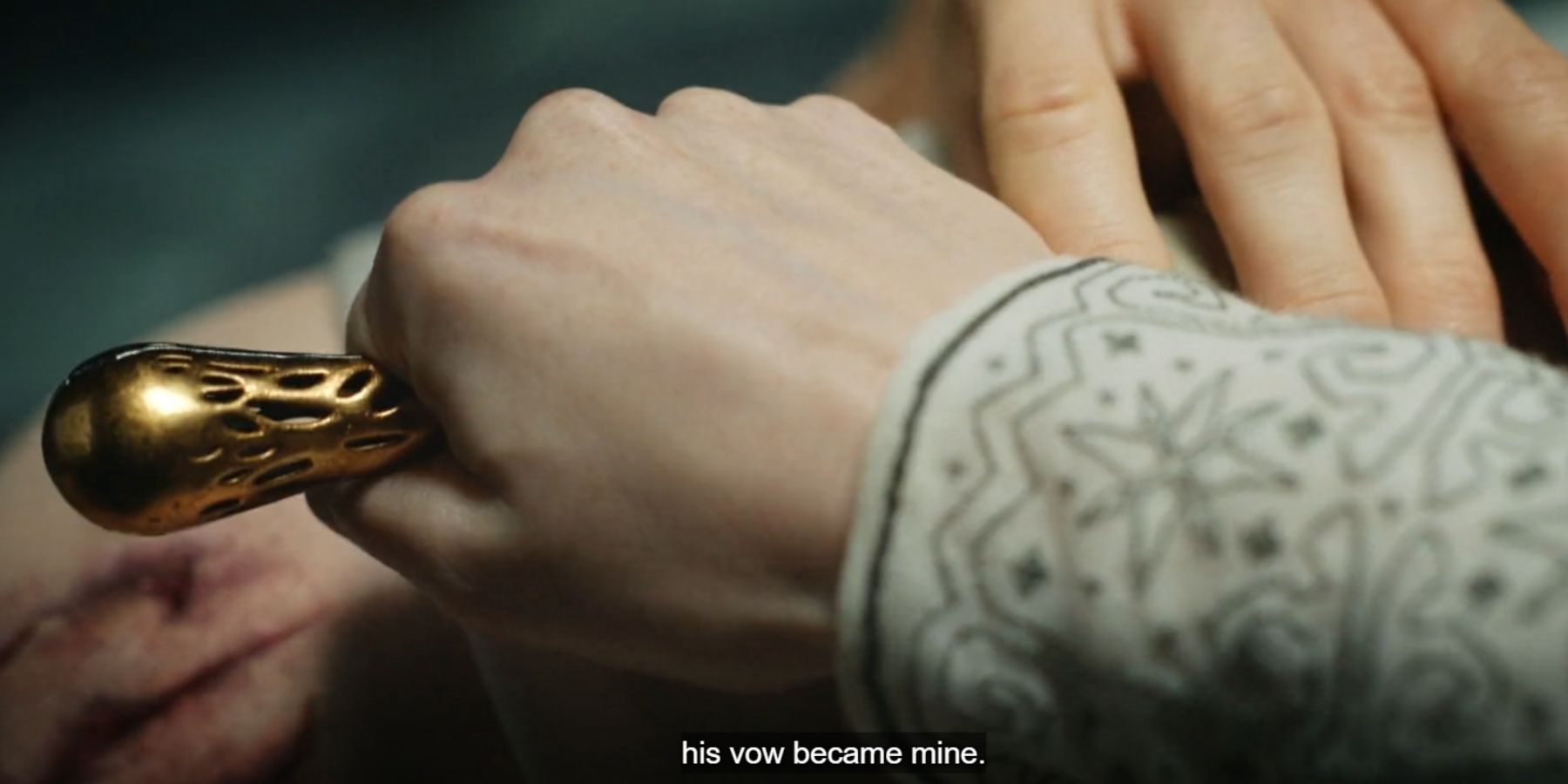Deaths in Middle Earth’s world always have a special significance, from the demise of Boromir in the Lord of the Rings who managed to redeem his ring-lust in the final moments by protecting Merry and Pippin from orc onslaught, to the final episode of the Rings of Power in which Queen Miriel’s father passed away, the death of a king that will bring about Numenor’s downfall.
But one death in the Amazon series took many fans by surprise, because it goes against everything that Tolkien believed about honor, redemption, and the worth of sacrificing one's life to create a better world. And interestingly this death is that of Finrod, which happens off-screen in the first 10 minutes of the series, and yet it has consequences and impacts that echo across the next thousand years of Middle Earth.
There are several traits that it takes to make a Tolkien hero, and fighting for what you believe in, even if it means dying for it, is certainly one of them. The most important deaths in Tolkien’s stories have a purpose, and a meaning, because the hero has given the most precious thing that they can give in order to pave the way for a more peaceful future.
In Finrod’s case, he gives his life in order to defeat Sauron and the growing darkness the evil lord is spreading across the lands. But the reality of his death goes against this message of honor and love that Tolkien believed so deeply in, because it actually has the opposite effect. The Rings of Power series follows Galadriel’s journey after her brother’s death, and it is a journey of wrath and vengeance, as Finrod’s dagger symbolizes. And her own anger and need for justice actually keeps alive the very evil that she spends over a thousand years hunting down and seeking to destroy. So if anything, Finrod’s is not a heroic death as Tolkien would have intended, but a spark that ignites the greatest war Middle Earth has ever known.
Several questions have arisen after the close of the Rings of Power about why Sauron was in the Sundering Seas to begin with, but the reason that he gives himself is that he had given up. He tells Galadriel that she made him believe in himself once more, because she recognized that “our past means nothing when weighed against our future.” It is hard to say if this is true, or if it’s just another manipulative tactic that he uses to coerce her, perhaps to ensure that she doesn’t tell the others his secret, but if it is true, and he was on the brink of abandoning his quest for total domination of the world, then Galadriel rekindled an evil desire within him that has disastrous consequences for everyone she holds dear.
And all of this, because of Finrod’s death, because she is driven by the desire to avenge her brother and carry on the mission that he gave his life for, to defeat Sauron. That is the reason that her heart and her mind were too restless to go back to Valinor when she had the chance. It was the reason that she jumped off the ship, and the reason that she found herself in the Sundering Seas, on a raft with the very villain that she had been tracking for half of her life.
After Tolkien’s own experiences in the First World War, he believed that deaths should be honorable, because many soldiers on all sides of the war died to protect the civilians and their families. It was considered a privilege to serve one’s country, and that those who did should be held in the utmost esteem and respect. In many ways, this is reflected in Gandalf the Grey being returned to the world by the Valar as Gandalf the White, as a recognition of his sacrifice to protect the fellowship against the Balrog of Moria.
This is also essentially what Finrod does in dying to stave off Morgoth and prevent any more damage from being done to the children of Illuvatar, and Finrod should subsequently have had more of a mark for his death than the wooden monument placed up of him in the courtyard in Lindon. His death should have helped to procure peace and prosperity for the world, but instead it turns his sister into a tyrant who is so consumed by her hatred that she contemplates a possible genocide of the orcs, as well as influencing the decision to forge the 3 elven rings of power.
Over two thousand years after Finrod’s death, the dark lord is eventually defeated, when Frodo, Sam and Gollum chuck his source of power into the fires of Mount Doom, at which point Sauron regrets forging the one ring. But there is much pain and suffering along the journey, for the fellowship involved, for Galadriel herself, and also for the people who live through the dark times, like the citizens of Rohan and of Gondor. Subsequently, Finrod’s death isn’t one of valor and triumph, it is one that highlights the futility of war.






